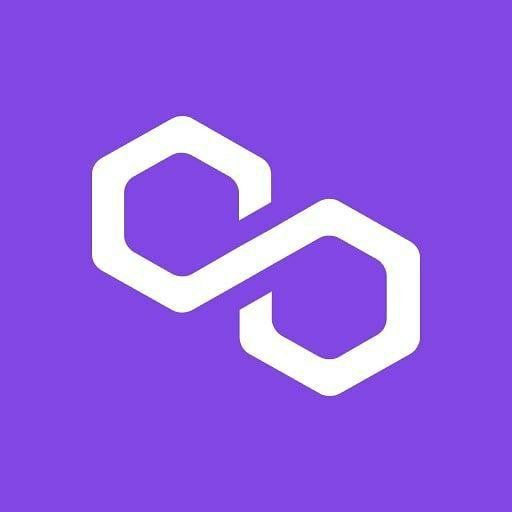The Polygon ecosystem continues to attract projects leveraging its technology stack. Marlin, a blockchain-agnostic protocol providing high-performance programmable network infrastructure for DeFi and Web3, brings its Openweaver solution to Polygon. Marlin integration reduces latency and increases block propagation speed thus accelerating the Polygon chain.
The success of Polygon as a blockchain that is more efficient and cheaper to use has proven prominent, as it is becoming one of the most widely adopted blockchains outside of Ethereum for wallets and exchanges. Binance Exchange Wallet, Trust Wallet, Coinbase Wallet, Huobi Wallet, OKEX Wallet, to name a few, all integrated Polygon. Under the hood, the network also connects secured chains such as Optimistic Rollups, Validium, zkRollups, Plasma, and others. As a result, it creates a more versatile blockchain ecosystem for developers and users alike, allowing for more streamlined solutions.
Over the past few months, there has been tremendous growth in Polygon use. There are now over 450 dApps on the network, more than 350 million transactions have been processed, and the user base has expanded to roughly 13.5 million active participants. That ongoing and accelerating growth continues to attract developers looking to bring existing or new solutions to this highly efficient blockchain network.
Marlin, a layer-0 protocol that boosts network-layer performance and security, is of great value to any blockchain, regardless of its consensus algorithm. As Marlin’s OpenWeaver is now available on Polygon, all block producers and full nodes on the network can send and receive large blocks as near-physical latencies. Furthermore, the transaction mempool is now accessible much quicker by arbitrage and liquidation bots and DeFi traders.
“We are grateful for Marlin integration to reduce latency. It is definitely a rewarding boost for the already flourishing Polygon ecosystem,” added Polygon co-founder, Sandeep Nailwal.
“Polygon has grown astronomically in terms of number of users, nodes, dApps and transactions. We’re thrilled to continue our longstanding collaboration with Polygon and provide its rapidly growing ecosystem with an additional edge at the network layer with OpenWeaver,” said Marlin cofounder Siddhartha Dutta.
The collaboration between Marlin and Polygon goes back several months. Marlin’s FlowMint mechanism helps distribute governance tokens and incentivizes the installation of Marlin gateways. A total of 46 validators participated from the Polygon network in FlowMint, making it the second-largest public ecosystem in these rankings. In addition, Marlin has announced FlowMint 2.0 to issue governance tokens to anyone running gateways and pushing blocks to the network. The new reward issuance will occur on Polygon first, and expands to other supported networks later on.
As a popular scaling solution with $8.5B TVL, Polygon is the home of many DeFi blue-chip projects that include Aave, SushiSwap, QuickSwap, Curve, Balancer, Kyber. This Marlin integration adds on to make Polygon a faster and a more efficient blockchain.












